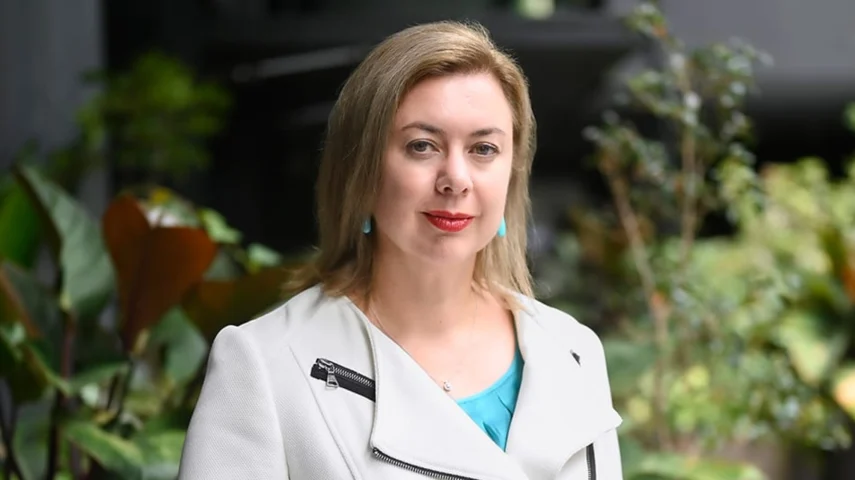FAAA urges ATO to refine tax deductibility of advice fees



The Financial Advice Association Australia (FAAA) is calling on the Australian Taxation Office (ATO) to refine its position on the tax deductibility of financial advice fees related to advice to clients with pre-existing investments.
It acknowledged there has already been strong progress made on the tax deductibility of upfront advice fees, but is pushing for further expansion to a broader set of scenarios.
The ATO has an opportunity to further refine its position on tax deductibility of financial advice fees related to advice to clients with pre-existing investments, it said.
In December 2023, the ATO released a draft determination (TD 2023/D4) that clarified the rules around deductibility of financial advice fees and broadened and replaced TD 95/60, which was put in place almost 30 years ago.
The draft determination outlined that upfront fees (if provided by a qualified tax relevant provider) are deductible to the extent they relate to tax advice under section 25-5 of the Income Tax Assessment Act 2007 (ITAA).
As part of a joint submission in response to TD 2023/D4, the FAAA, Chartered Accountants ANZ, CPA Australia, and Institute of Public Accountants pushed for further clarification on the deductibility of upfront fees under section 8-1 of the ITAA (a general deduction).
“We appreciate the clarity provided around the deductibility of upfront fees as it relates to taxation,” said FAAA chief executive Sarah Abood.
“However we do suggest the commissioner’s prevailing view in one area – that a fee for financial advice in connection with initial financial advice on the proposed investment of existing funds, or even the modification/retention of existing investments, is not incurred in gaining or producing assessable income – can be updated.”
Abood explained that in the almost three decades since the previous determination was put in place, the provision of advice has drastically changed.
“An investment plan in 1995 did not necessarily require consideration of an individual’s objectives, financial situation or needs,” she said.
“By contrast, in 2024, all financial advice requires consideration of an individual’s financial situation and needs, with relevant strategies delivered to meet their goals and objectives.
“Practically, this requires consideration or advice regarding an individual’s pre-existing income producing assets. In this instance we believe there is a clear nexus between that person’s existing income, liabilities, financial assets and the new investments acquired in accordance with the advice.”
The submission also addressed some of the practical issues around apportionment and evidentiary requirements to make it more straight forward for advisers and their clients to identify when deductions for advice on new investments are available.
“Members of the FAAA, and the wider financial advice and accounting professions are looking for more clarity on this issue,” Abood said.
“The key point is that fees on upfront advice are now deductible to the extent that they relate to tax advice, and we are continuing to push for a broader interpretation of the deductibility of initial advice fees.
“Whichever way it falls, we will provide practical guidance on how to implement this within advice businesses in the coming months.”
When the draft determination was released late last year, Abood said the group was “broadly pleased” with the revised guidance, but signalled that it would provide further feedback as part of the public consultation process.
“This revised guidance is sensible and welcome. The existing tax determination is almost 30 years old, and a substantial amount of regulatory change has occurred since 1995,” she said at the time.
Recommended for you
Financial advisers will have to pay around $10.4 million of the impending $47.3 million CSLR special levy but Treasury has expanded the remit to also include super fund trustees and other retail-facing sub-sectors.
Recommendations by the FSC around implementing a practicing certificate framework for advisers would be burdensome and add little value for AFSLs, according to SIAA.
The RBA has made its latest interest rate decision at the the final monetary policy meeting of 2025.
AZ NGA has acquired Sydney-based advice and wealth management firm Financial Decisions, allowing its CEO to step back and focus on providing advice.











